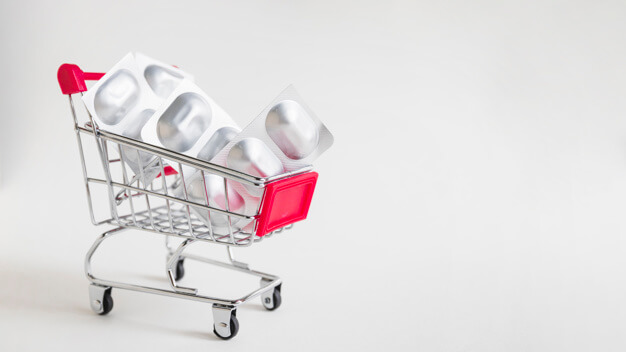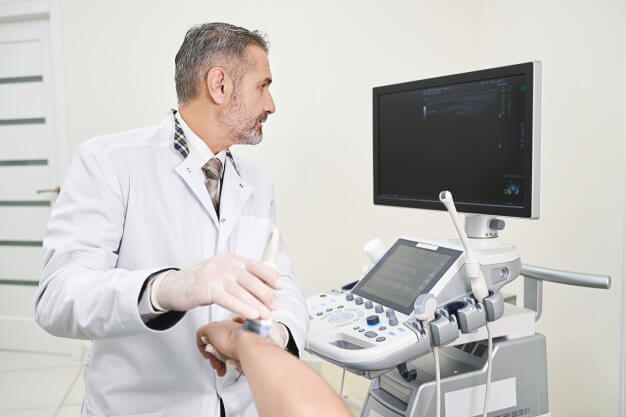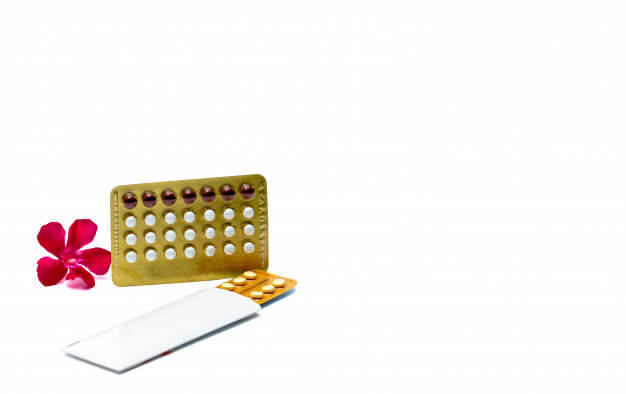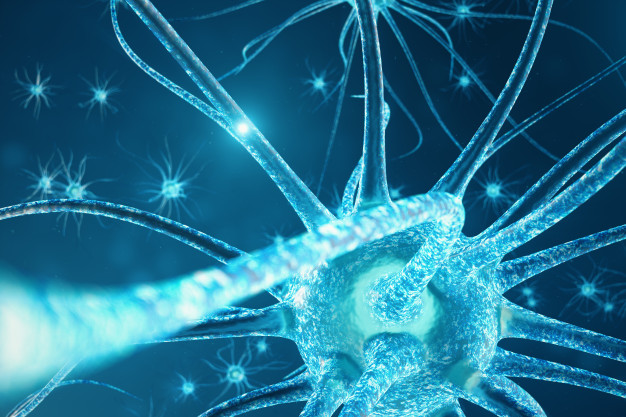With addiction rates and deaths from drug overdoses at an all-time high in the United States, there’s a larger chance than ever that you or someone you know is currently struggling with addiction.
Especially due to the Opioid Crisis that’s sweeping the nation, addiction is a disease that doesn’t discriminate — and can feel impossible to overcome on your own.
If you’re considering entering a recovery center, we know that you’re dealing with many emotions. You may feel shame, fear, or even resentment towards yourself and the people that suggested treatment.
However, knowing what to expect while in a recovery center will help you to feel more prepared and empowered.
Read on to get a better understanding of what goes on during a residential treatment detox and stay, from physical health to psychological treatment.
Phase One: The Detox
The first thing that will happen when you enter into a recovery center?
You’ll begin the detox phase of your recovery.
We understand that, for many, the thought of detoxing is absolutely terrifying. You may fear the physical pain, the lack of sleep, and the intense desire to use it again. However, it’s much safer to detox in a residential treatment center — like a Hollywood treatment center, where you’ll be under medical supervision — than on your own. Of course, you’ll also be prevented from giving in to your desires and using just to stop the symptoms of detox.
While in treatment, you should be prepared to experience nausea, insomnia, and much more.
On your first day in rehab, you’ll meet with counselors and medical professionals who may prescribe you medications or simply supplements and vitamins to make detox easier.
You’ll undergo a complete medical evaluation, and your team will also start to create a mental health plan that will help you to stay clean and sober.
You’ll also begin to recalibrate your overall appetite and start to be able to keep healthier foods down.
You should expect the detox process to last anywhere from five to seven days. Once you get over this hurdle, you’ll start to feel physically better and more in control.
Then, it will be time to move onto the more psychological part of your recovery program.
Phase Two: Emotional Recovery And Relearning
After you’ve made it through detox, you’ll be able to begin the programming part of your treatment process.
Generally, you should expect to stay in rehab anywhere from 28-90 days, depending on the severity of your addiction and your personal preferences.
This part of the treatment process will vary according to the specific recovery center you’ve entered into.
To understand what a unique treatment program plan will look like for you, visit the Muse Treatment Center website to access a daily schedule.
Usually, however, you can expect to attend both individual and group counseling. On your own, you’ll learn to identify the emotional triggers and underlying psychological issues that caused you to use in the first place.
You’ll relearn healthier ways to overcome and come to terms with these issues. In group therapy, you’ll learn from the stories of others and understand the importance of having a network of support to rely on.
You’ll also take classes that will help to improve your physical health. This can range from things like horseback riding to yoga and meditation. In most recovery centers, you should expect to experience an even combination of holistic and medical/psychological treatments.
You may also take more specific classes that appeal to your interests and help you to work through your emotional baggage. This includes things like art therapy, theatre classes, and much more.
You will also learn how to cook healthy meals, understand how to talk to your friends and family about your addiction, and begin to prepare for a healthy re-entry into society.
Phase Three: What To Expect After Rehab
Now that you’ve completed detox as well as the more residential part of the treatment program?
It’s time to start thinking about what your life will look like after your time at a recovery center.
There are lots of different options here, especially for those who are nervous about potentially being exposed to their triggers and relapsing.
You can choose to enter a sober living facility after the treatment. This is essentially a home where you’ll stay with other people who are also early on in their recovery processes.
You’ll have a curfew, group house meetings, and general responsibilities — but you’ll still maintain a certain level of independence.
You could also choose to enter into an outpatient program. Essentially, you’ll be living independently, but will still attend treatment a few times a week at your recovery center.
Another option is to live completely on your own but to look for AA and other group meetings within your community. Above all, it’s important that you find some kind of program that works for you.
Do not attempt to enter into “real life” without some sort of a support network in place.
Ready To Enter Into A Recovery Center?
We hope that this post has helped you to get a better understanding of what you can expect during your time at a recovery center.
You’ll undergo the detox process, work on rebuilding your emotional strength, and address the underlying reasons behind your addiction. Then, you can decide how you want to proceed once the inpatient part of rehab is completed.
Above all, remember that if you’re facing addiction, asking for help is itself an act of bravery. You don’t have to fight this battle on your own.
When you’re interested in learning more about treatment and recovery, spend some time on our website and blog.
You’ve already taken the first step on the road to getting your life back.
That’s something worth celebrating.
Read Also :






















